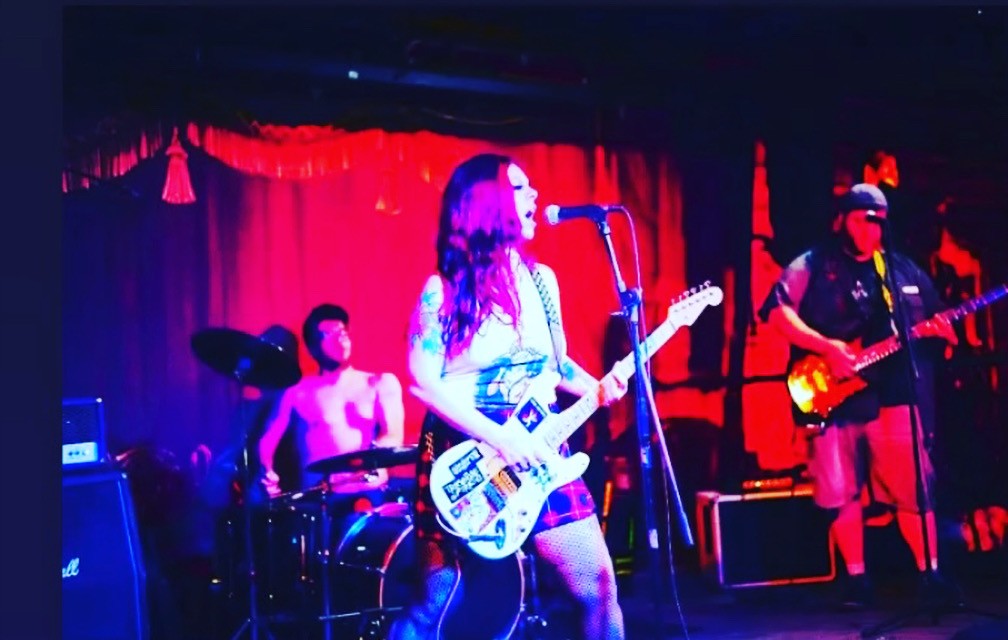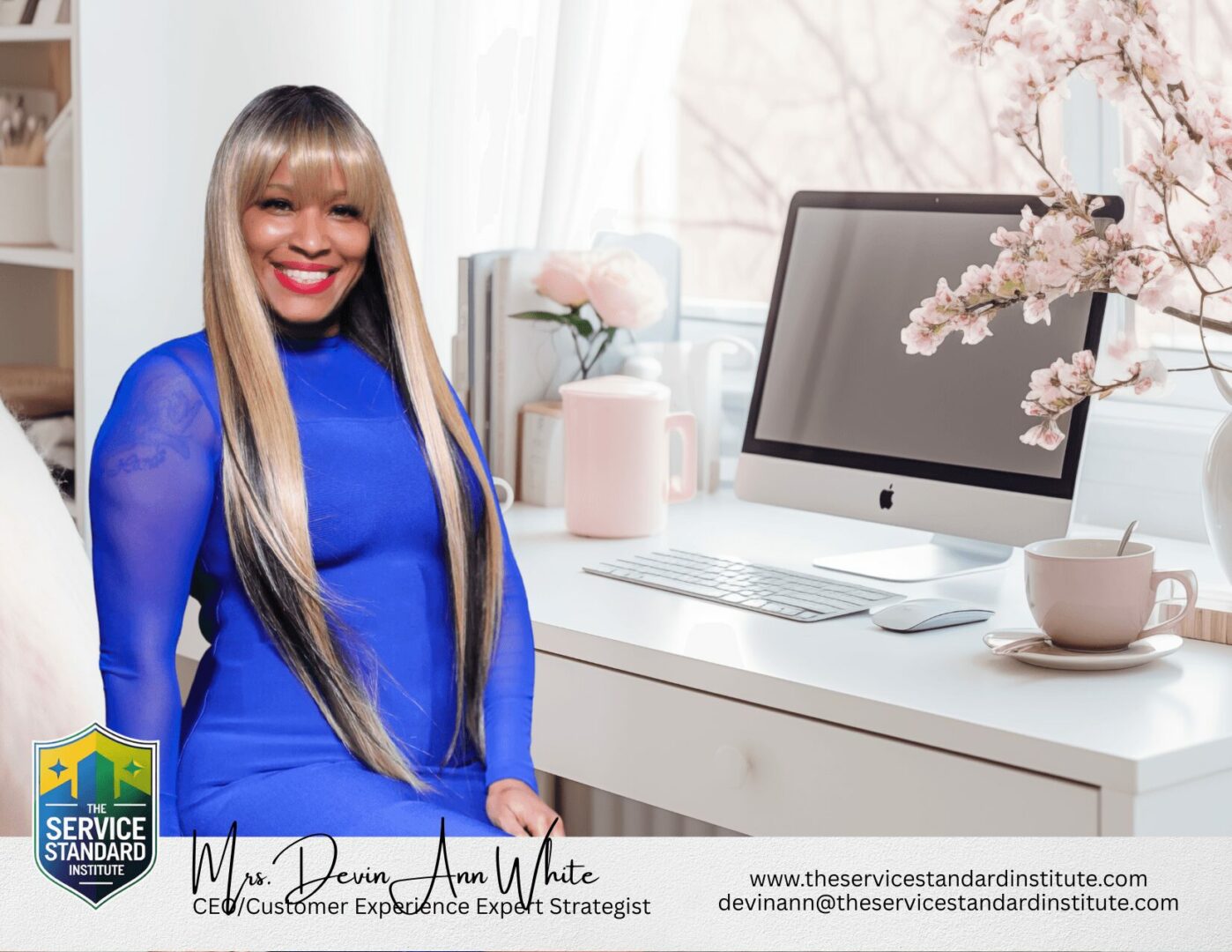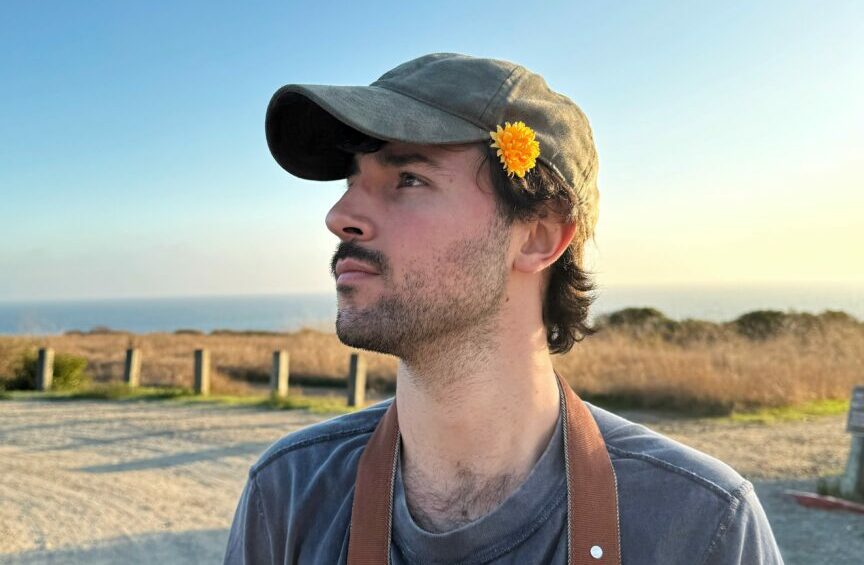We were lucky to catch up with Gingerval recently and have shared our conversation below.
Gingerval, appreciate you making time for us and sharing your wisdom with the community. So many of us go through similar pain points throughout our journeys and so hearing about how others overcame obstacles can be helpful. One of those struggles is keeping creativity alive despite all the stresses, challenges and problems we might be dealing with. How do you keep your creativity alive?
One way that I keep my creativity alive is by paying attention to life. It can be as simple as honing in on something small that you happen to observe in some random everyday activity, or it can be something massive that comes from within. Sometimes it’s funny, other times it’s pure, gut-wrenching heartbreak or sadness. I listen to my emotions at all times, and often take time to journal, even if it’s about nothing. Journaling has been a huge help for me when I’m stuck in a creative rut. Sometimes I’ll look up a prompt, and sometimes I’ll just scribble down whatever feelings or thoughts I’m having at the moment. Oftentimes it’s important to just record your inner monologue as it comes. There’s always something on our minds! And while it may not seem significant at the moment, chances are that it may be useful in creating something new. One thing that an iconic, well known punk rocker idol of mine told me was to just keep writing songs. He told me that even if they’re terrible, you should just keep producing new material until you get it right. This was the most simplistic, yet important advice I’ve ever been told. I spend a lot of time writing songs and even if I hate them, they may serve as a seed for a different song that I might rewrite in the future that I wind up liking a whole lot better.
The same thing goes for constantly playing shows and touring. I love watching other bands play because their creativity inspires me as well. You learn so much from watching other people. It’s not that you want to go home and steal their ideas, but just seeing different styles and performances is always one of the most important aspects of being an artist to me. I’m constantly inspired by the people I meet and play with on the road, and I always return with a fresh batch of ideas afterwards.This brings me to my final point- listen to music, and listen to music while actively doing something! This can be done on a walk, at the gym, or even on a drive.You’d be surprised how much will come to you when you take a minute to observe the things around you and study what others bring to the table. It’s important to take a reprieve from the chaos of life and wandering thoughts to just listen and take in everything that is already in front of you.
Great, so let’s take a few minutes and cover your story. What should folks know about you and what you do?
I’ve been singing since I was old enough to talk. My mother once told me that when The Clash came on while she was nursing me I’d start bobbing my head up and down to the beats (I suppose I was always a little punk girl). I constantly wrote songs in school (while I was supposed to be doing my work) and spent hours every day making “radio shows” and “concerts” at my house. As a young girl, I was obsessed with the 50’s and 60’s style of music (in particular, The Beach Boys were one of my favorites) and I would constantly pick apart and analyze the layers of harmonies that they made and try to replicate them in my own original work. I loved the idea that a happy, upbeat song could absolutely whisk me away from so many of my own problems.That feeling was simply nirvana.This would later become the inspiration I had for creating the music for The Lousekateers.
Coming from a highly dysfunctional household, the only escape that I had was my music. It was my safe place, my best friend, and has been my lifelong lover. In my preteen to teen years I got more into rock, grunge, and finally punk rock, which changed everything for me. As a teen growing up in a beach town in Florida, I yearned for something to do that was outside of the norm. I was bored with the people and the lifestyle there. When I discovered the punk scene it was like finding the key to heaven. I spent every weekend going to shows. I finally felt loved and accepted; feelings that I had never felt in other areas of my life before. And the music changed me- it gave me a sense of belonging in knowing that other people shared the same angst, sense of humor, and political outrage that I felt. I was no longer alone. It was like discovering a home that I never knew existed, but had always wanted.
Later I got into theater and to this day I credit that as the reason I was able to graduate high school. This led me to moving to New York City. After a few years of pounding the pavements and living the “starving artist” life, I decided to play music while I worked and went to college. After jumping from bands to bands for years I moved to Westchester where I met my current drummer, Da Changsta, and we formed The Lousekateers. We then found our bass player and have spent the last seven years touring all over America as well as Canada. We have played with some pretty well known punk acts and have been on several radio shows, compilations, and local access tv. In addition, Da Changsta and I recently formed a local project, Goin’ Unsteady, where we take songs from the 50’s and 60’s and put a pop punk spin on them. Since The Lousekateers rarely play punk shows locally, we decided to form a band that we could play in The Westchester area. Lastly, I recently completed my first solo album, Gravitas, which is a trip hop album. This was a project that dug deep into my soul and pulled out the dark parts of myself, which is very different from my other two projects. My goal is to keep all of my projects going and to continue doing what I love to do most- meet people, tour the world, and make music.
There is so much advice out there about all the different skills and qualities folks need to develop in order to succeed in today’s highly competitive environment and often it can feel overwhelming. So, if we had to break it down to just the three that matter most, which three skills or qualities would you focus on?
The three most important qualities are as follows:
- Don’t listen to other people. If they like your music, great. If they don’t, let it go. The more you pay attention to the criticism of others the less you want to produce because it’s always in the back of your mind that you’re not good enough. No matter what you do, particularly in today’s social media culture, people will have something negative to say about it. And you can’t spend your life trying to please other people because it will never happen. Decide if the criticism is of worth to you-is this something that you desire to change? If it is, go for it. If it’s not, let it go. I spent a lot of my life listening to both inner and outer critics and it delayed so much of my progress. Now I try to hold on to the good things (I save texts, compliments, everything I get that’s positive) and move forward.
2. Don’t get discouraged when you play crappy shows. Everybody has terrible shows. You get so amped up to play and then no one shows up, or the sound is bad, or the audience isn’t feeling it, or whatever the case may be. Even if you wind up having a show where you’re serenading the bartender for forty five minutes, play like you’ve never played before. Play like you’re in a stadium filled with thousands of people. You might make a fan out of him. Being an artist means you’re constantly making yourself vulnerable to subjectivity, and it’s oftentimes hit or miss. Keep playing. Keep troubleshooting. Keep trying.
3. Be open to change. People will leave. Your sound might be different than when you started. Your lyrics might not be the same as what you wrote about ten years ago. It’s ok to evolve. It’s ok to try new things. Life operates in a constant flux (sometimes at warp speed) and though it’s heartbreaking at times, it always changes, and your music probably will too.
We’ve all got limited resources, time, energy, focus etc – so if you had to choose between going all in on your strengths or working on areas where you aren’t as strong, what would you choose?
I think the smartest thing a person can do is take a personal inventory of themselves every day. You need to ask yourself- what do I want to be? What can I do better than yesterday? What haven’t I read yet? What idea have I not tried? To me, complacency is artist suicide. If you’re not fixing something or trying to improve your sound or your strategies, you’re going to get stuck. Getting stuck tends to equal boredom from my experiences. And boredom tends to make people check out and even possibly want to quit the band. I’m all about starting anew and learning from my mistakes; taking time to write whenever I can, and exploring new places that we haven’t been to. Maintaining a band can be likened to maintaining a marriage: there’s work, joy, pain, anger, stress, and you have to communicate and work through it to be a successful team. If you don’t talk about things, nothing improves. A strong unit will always grow together and continue producing, and that takes a lot of looking at your own personal flaws or mistakes and wanting to fix them for the betterment of the band. Lastly, be appreciative of your strengths, but always strive for improvement, whatever that might mean to you.
Contact Info:
- Instagram: @thelousekateers @goinunsteadyband @gingerval219
- Facebook: The Lousekateers, Goin’ Unsteady
- Other: https://spotify.link/u31XuVSdXDb
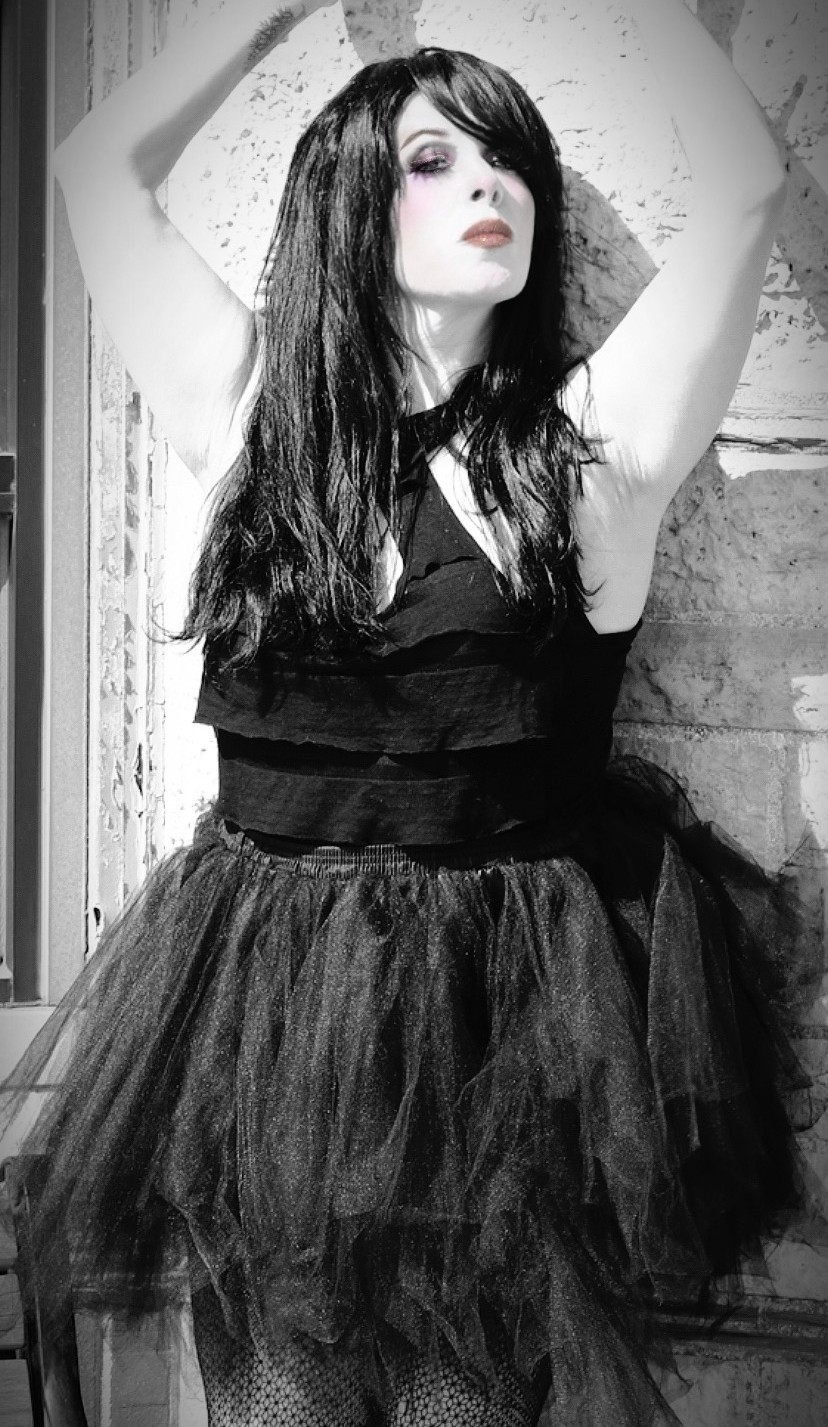
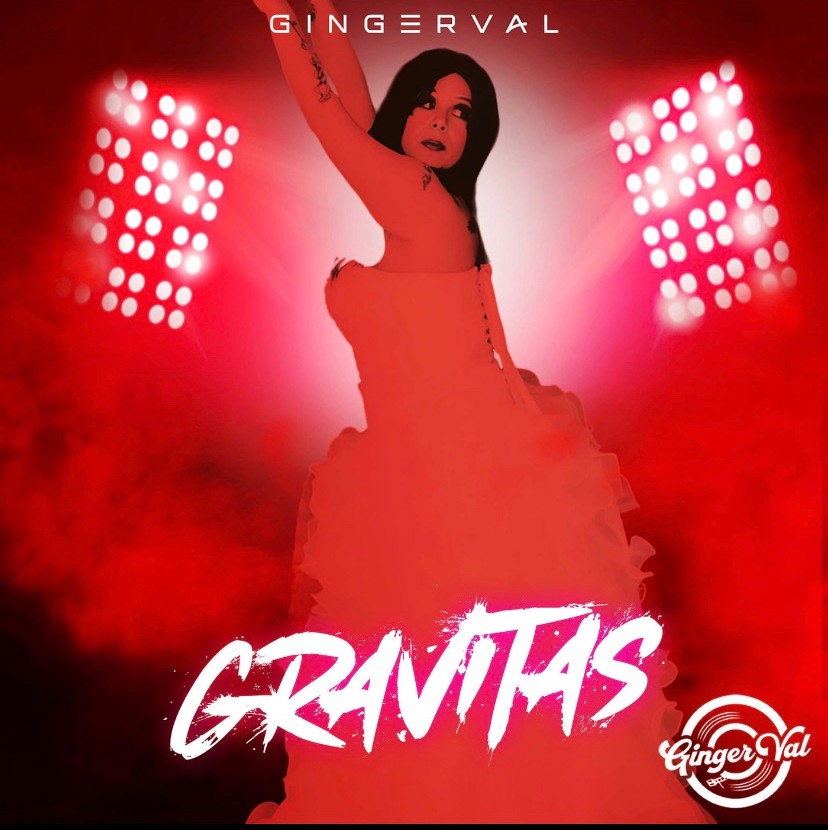
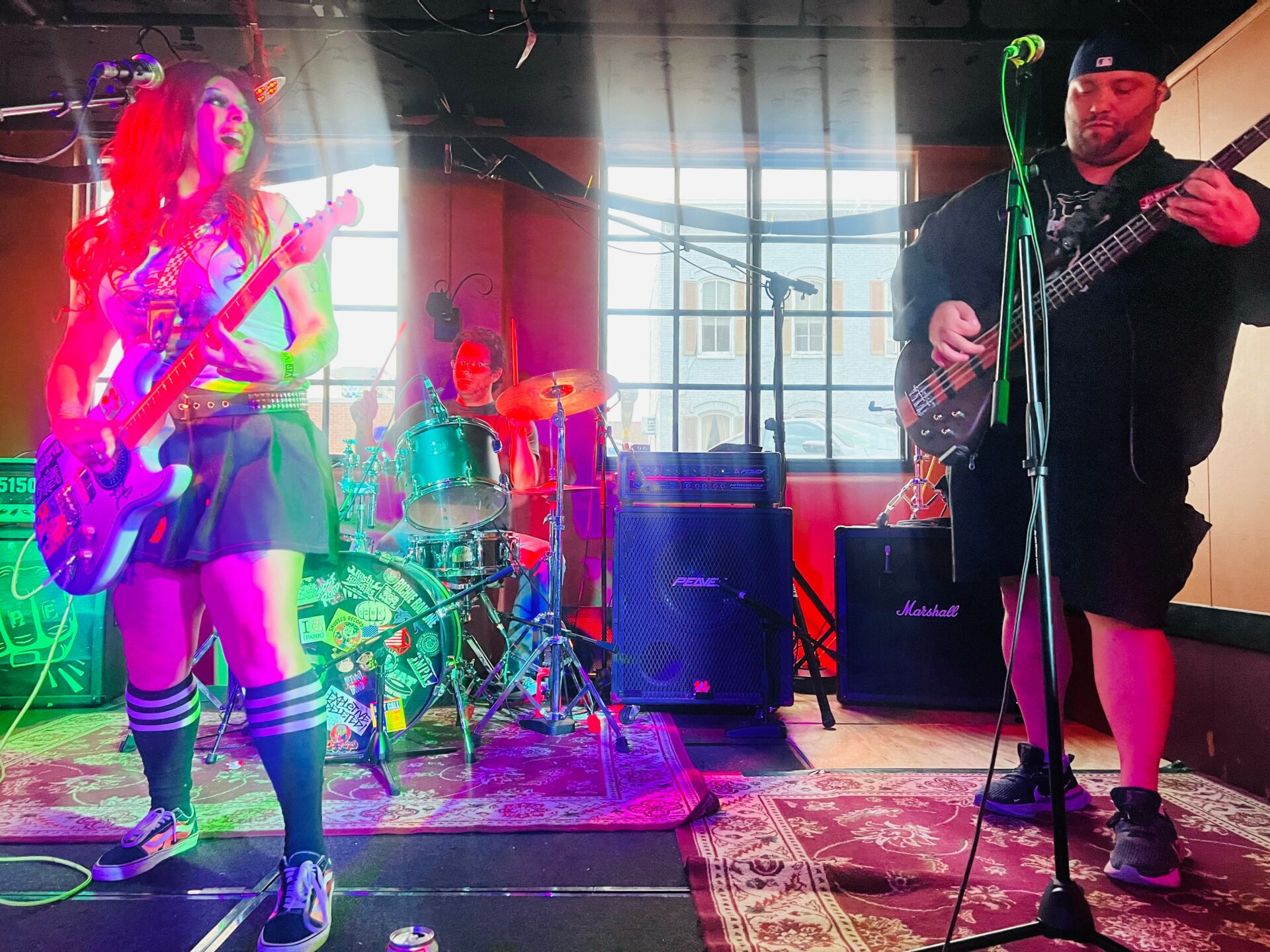
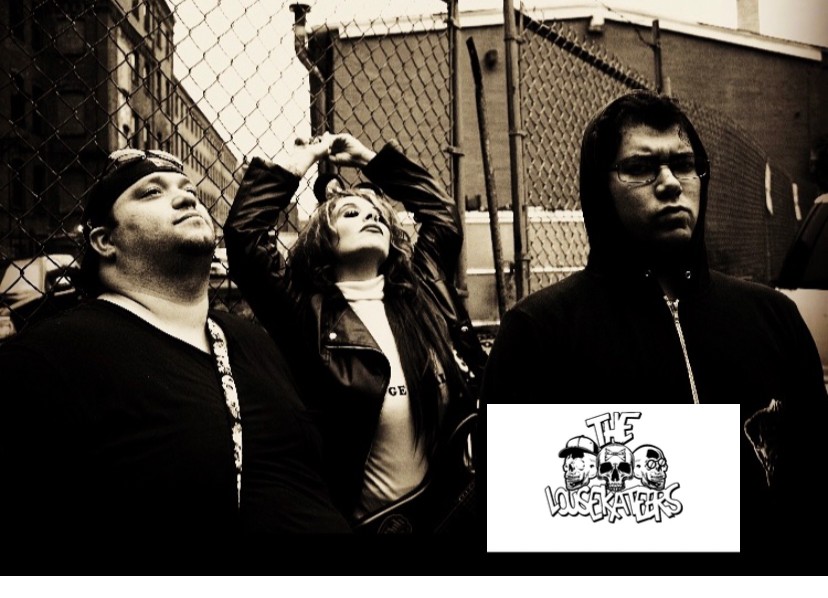
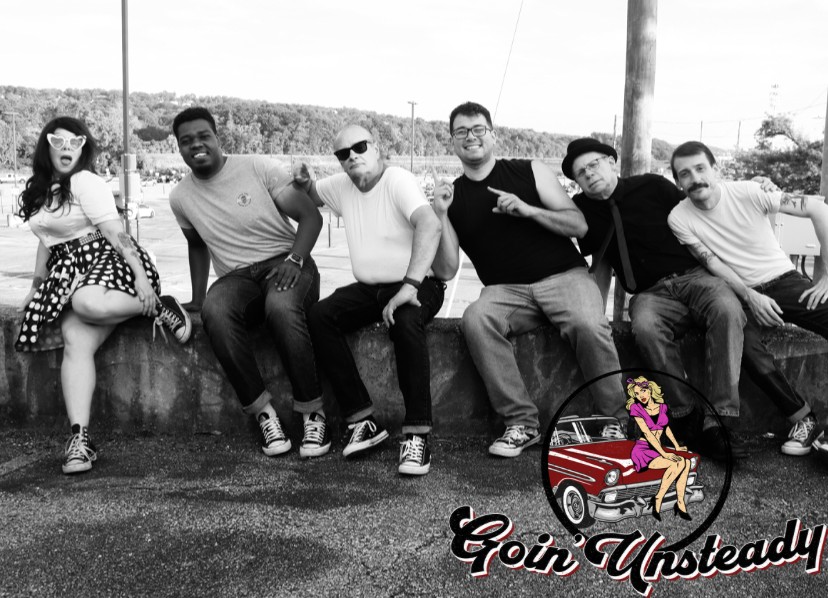
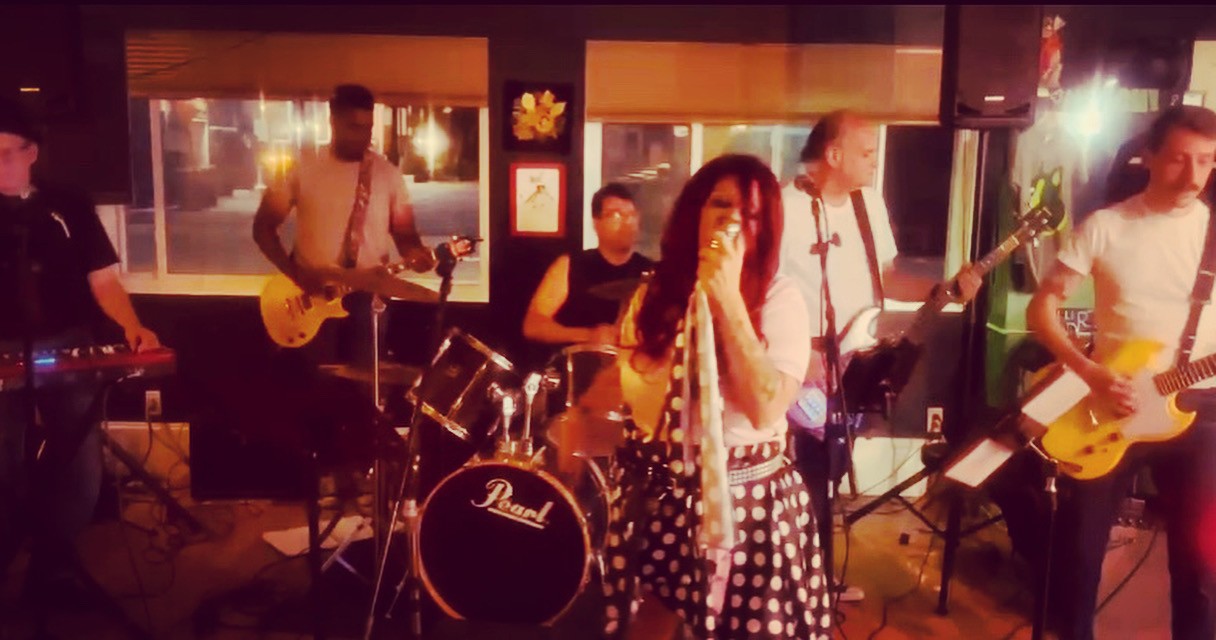
Image Credits
Some photos by John Ashford

